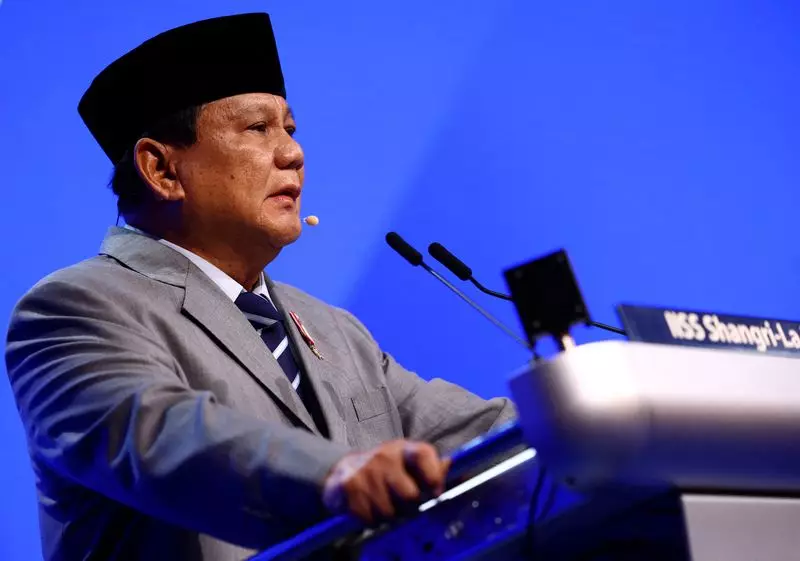The recent turmoil in Indonesia’s currency and bond markets following a report suggesting that President-elect Prabowo Subianto planned to increase the country’s public debt to 50% of GDP has been clarified by a senior aide. Thomas Djiwandono has emphasized that there are no such plans in place and that Prabowo will adhere to legal limits on fiscal metrics. The denial of setting a specific target for debt levels sheds light on the importance of responsible fiscal management in driving economic growth.
Prabowo’s stance on debt-to-GDP ratios and fiscal prudence is crucial in maintaining stability within Indonesia’s economy. While there have been discussions about the possibility of taking on more debt to finance development programs, it is essential to note that this should be done within the legal constraints of public finances. Setting realistic targets and adhering to budget deficit limits are key principles that Prabowo’s team aims to uphold.
The attention of ratings agencies and investors on Prabowo’s fiscal policy underscores the significance of maintaining Indonesia’s credibility in the global financial market. Concerns about costly programs and a potential increase in debt levels have highlighted the need for transparency and accountability in economic decision-making. By focusing on increasing revenues, reviewing spending, and creating budget space for essential programs, such as providing free meals to children, Indonesia aims to strike a balance between growth and fiscal responsibility.
In light of the country’s history, Indonesia’s commitment to fiscal discipline is evident. The aftermath of the 1990s Asian financial crisis led to the establishment of regulations mandating the annual budget deficit not to exceed 3% of GDP and capping debt at 60%. These measures have contributed to Indonesia’s reputation for sound fiscal management, earning investment grade ratings from agencies. While there have been fluctuations in the debt ratio, efforts to reduce annual deficits and maintain fiscal prudence have been ongoing.
Looking Ahead
As Indonesia transitions to a new administration, the emphasis on fiscal prudence remains a cornerstone of economic policy. Striking a balance between economic growth and responsible financial management is crucial in ensuring long-term stability and sustainability. By upholding principles of transparency, accountability, and adherence to legal limits, Indonesia can continue to build upon its record of fiscal discipline and attract investment in the global market.

